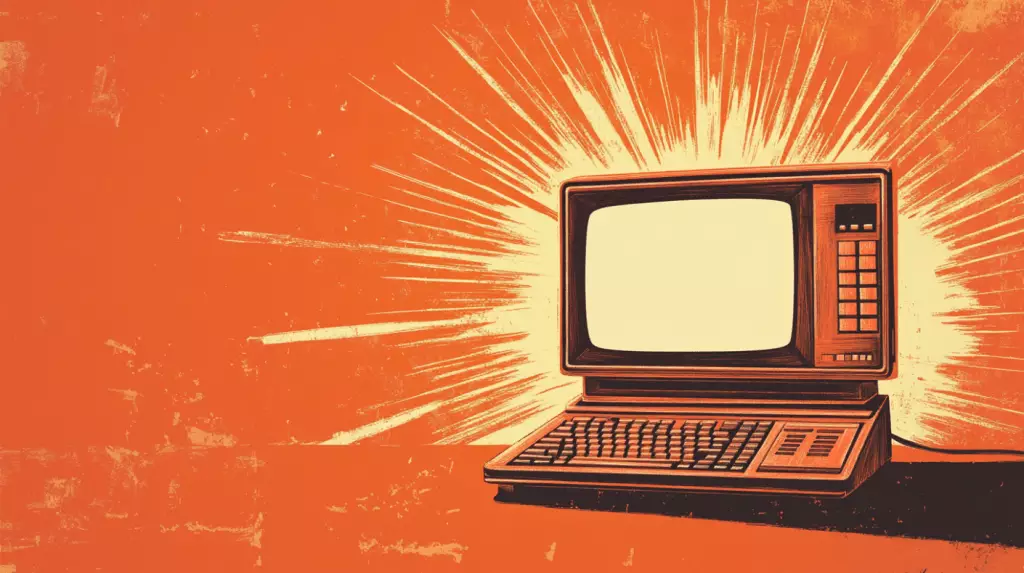The realm of software development is currently undergoing an unparalleled transformation, marking a pivotal moment in its evolution. The integration of artificial intelligence (AI) assistants, once met with skepticism among developers, has surged to prominence in the $736.96 billion software development market. This shift, propelled by remarkable AI models such as Anthropic’s Claude, is redefining the roles within development teams and challenging long-held industry norms. As AI technologies rapidly advance, they offer new capabilities that not only enhance productivity but also democratize coding practices across various professional fields.
Anthropic’s Claude has emerged as a front-runner in this evolving landscape, garnering attention for its exceptional coding capabilities. The model has seen a staggering growth in its adoption this year, with reported revenue associated with coding skyrocketing by 1,000% in a mere three months. Software development now accounts for more than 10% of Claude’s total interactions, solidifying its status as a critical tool for developers. This remarkable increase has catapulted Anthropic to an impressive valuation of $18 billion, with significant investments flowing in from tech titans like Google, Amazon, and Salesforce.
The competitive landscape has intensified, as other major players like OpenAI, Google, and Meta are also enhancing their AI models to capture the burgeoning demand for AI in software development. This shift signifies a broader trend within the AI sector, as attention pivots from traditional applications, such as chatbots, to more pragmatic tools that yield immediate business value. The rapid advancements facilitated by these technologies are proving beneficial not only for developers but for the software industry as a whole.
What distinguishes Claude from its competitors is not merely its ability to generate code but its sophisticated reasoning capabilities akin to seasoned developers. Claude can analyze extensive codebases, maintaining coherence and context throughout development sessions. This functionality enables Claude to effectively navigate multi-file projects, make precise adjustments, and even recognize when to simplify or delete unnecessary code—exhibiting an understanding of software architecture oftentimes lacking in other AI models.
The measurable productivity gains attributed to Claude’s deployment are noteworthy. Companies leveraging this AI assistant, such as GitLab and Sourcegraph, report marked efficiency improvements. GitLab witnessed efficiency increases between 25-50% within development teams employing Claude, while Sourcegraph noted a striking 75% rise in code insertion rates. The implications extend beyond just efficiency; they signal a transformative shift in who can engage with software development. Non-technical teams, like marketing and sales, are now empowered to develop their own solutions without relying on IT departments, fundamentally changing how businesses operate.
Despite these advancements, the rise of AI coding assistants doesn’t come without concerns. Experts have raised alarms about potential security vulnerabilities associated with AI-generated code. Notably, labor groups question the long-term implications for software developer employment. As observed on platforms like Stack Overflow, there has been a notable decline in new coding inquiries, hinting at a shift in how developers approach problem-solving due to the influence of AI.
However, rather than completely undermining developer roles, AI appears to be elevating them. By automating repetitive and mundane coding tasks, developers are freed to focus on higher-order responsibilities such as software architecture, code quality, and innovative problem-solving. This reflects historical patterns in technological advancements where tools designed to streamline processes ultimately paved the way for new types of expertise and roles within the industry.
Looking ahead, industry analysts project that AI will fundamentally reshape the software development landscape. Research firm Gartner predicts that by 2028, a whopping 75% of enterprise software engineers will utilize AI code assistants, a dramatic increase from less than 10% recorded in early 2023. Meanwhile, Anthropic is proactively enhancing Claude’s capabilities with features like prompt caching and batch processing, preparing for a future where AI seamlessly integrates with developers’ workflows.
Nevertheless, the impact on new developer training and education is noteworthy. Traditional coding bootcamps are witnessing enrollment declines as interest shifts toward AI-driven development. This trend highlights a critical evolution in what constitutes technical literacy, suggesting that understanding AI tools will soon become as fundamental as traditional coding skills.
In an era increasingly defined by AI technologies, the distinction between developers and end-users is beginning to dissolve. The coding process, once seen as the exclusive domain of trained professionals, is opening up to a wider audience brought in by user-friendly AI tools. The ability to code is becoming less of a barrier, making way for a future where creativity and problem-solving can thrive regardless of technical expertise. As we stand on the brink of this transformation, it’s essential to embrace the potential offerings of AI while remaining vigilant about the challenges that accompany such disruptive change. The code is indeed just the beginning, heralding a new era of collaboration, innovation, and opportunity across varied sectors.


Leave a Reply